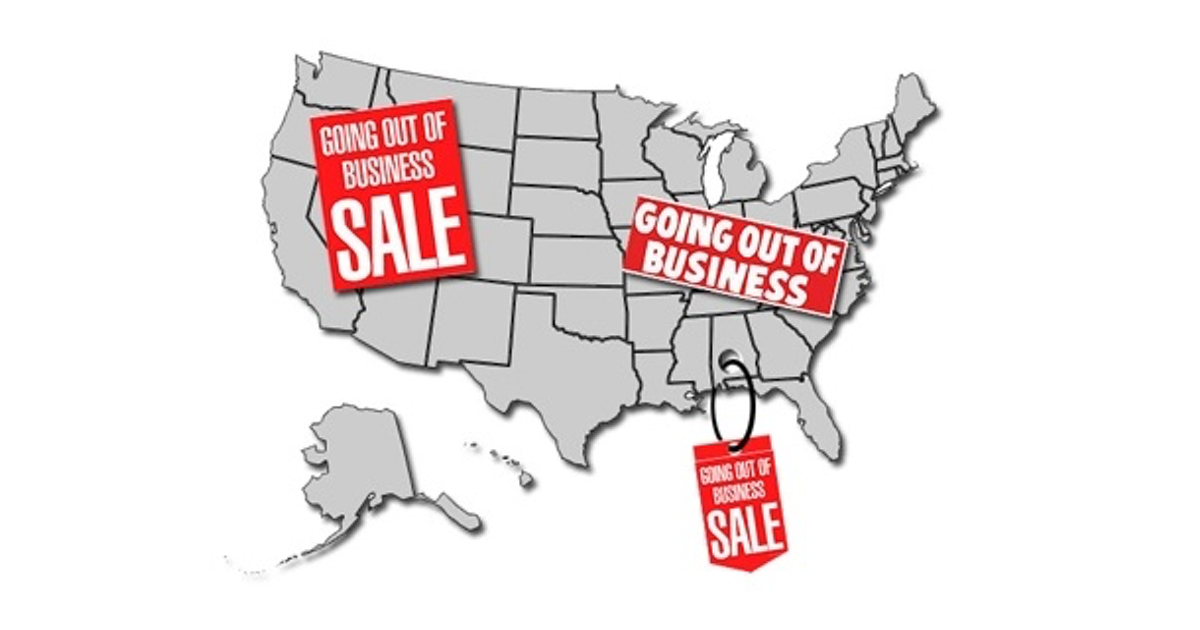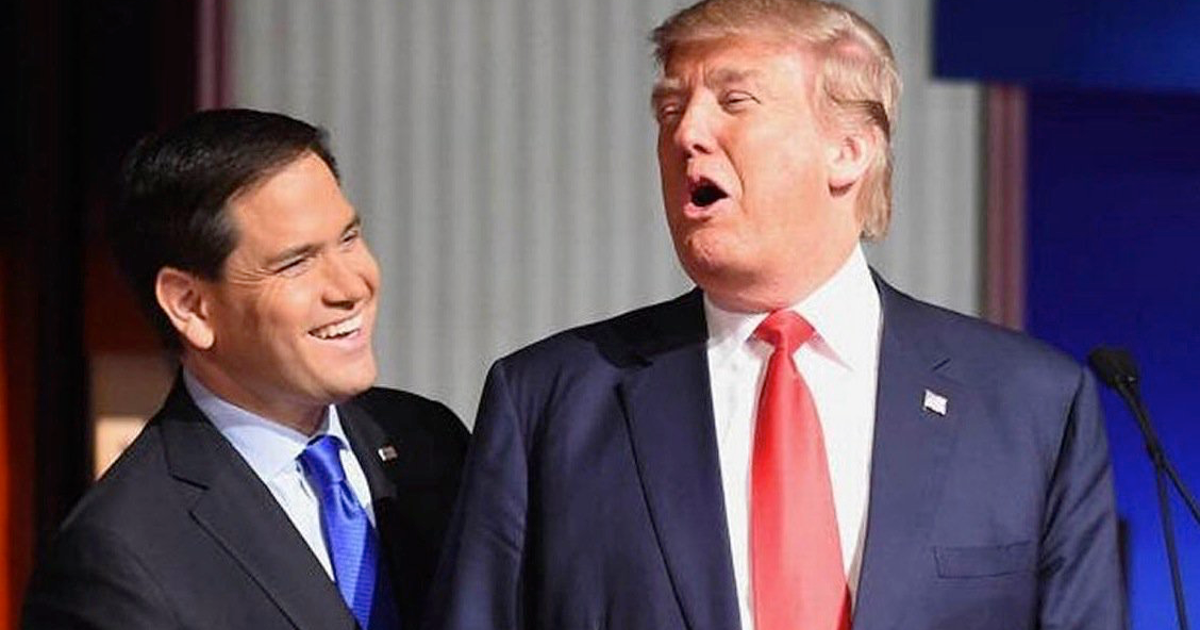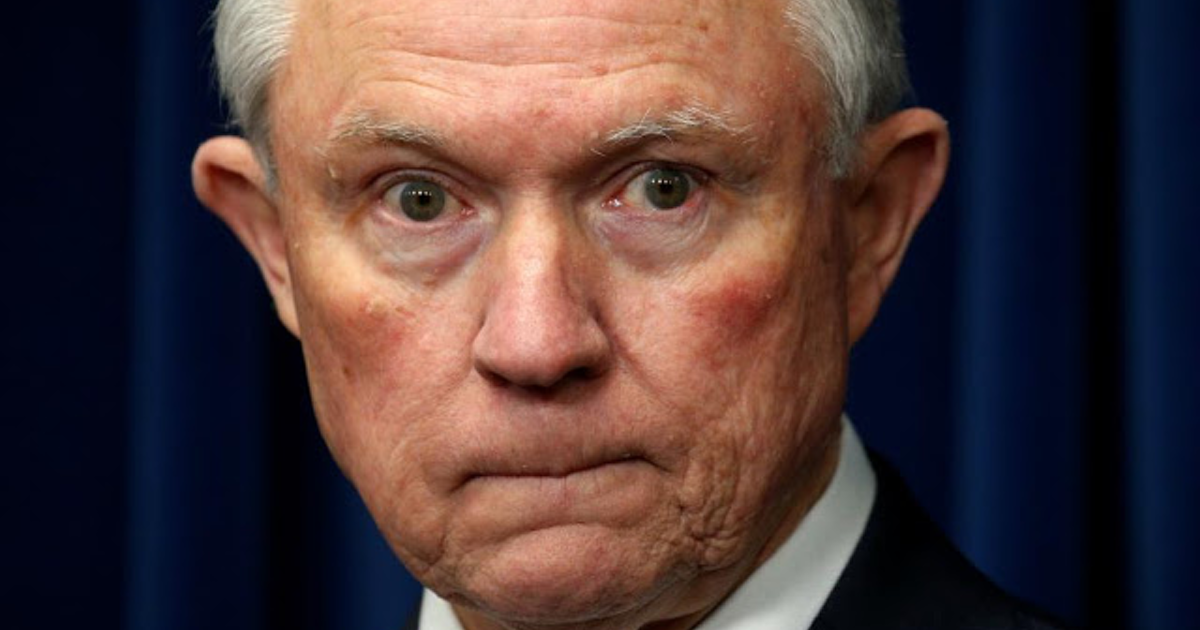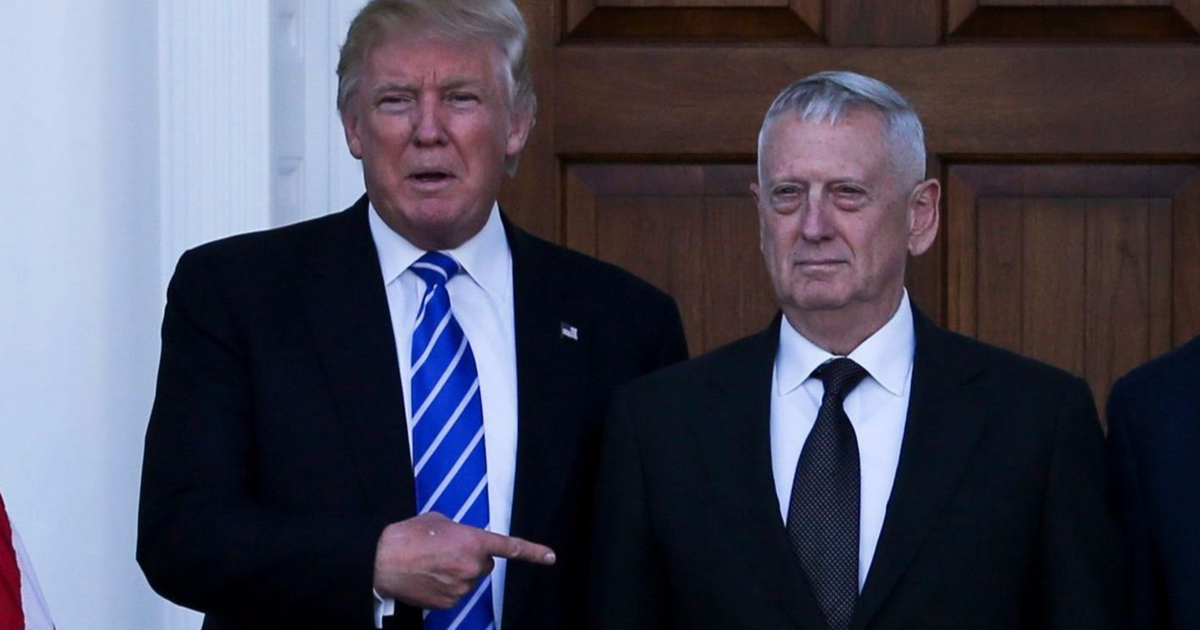|
House Speaker Paul Ryan delivered a "major speech" on House tax reform plans this week. Will reforms mean government is going to get smaller? Or are the deck chairs just being re-arranged?
By Liberty Report Staff
Paul Ryan's Tax Reform Plan is a shell game. Americans need tax CUTS, not "revenue-neutral reforms". If the Trump Administration was really serious about cutting taxes, they would look to cut government spending. This is not happening at all. Instead the deck chairs on the sinking ship are simply being re-arranged and shuffled around. Ron Paul discusses with Kennedy below:
In this wide-ranging exclusive interview, former intelligence analyst turned whistleblower Edward Snowden tells all. What to say to those who argue that they've got nothing to hide so nothing to fear from the intrusive ears of the state? Snowden is engagingly philosophical yet frank about his current position and where we are headed as a society. Check out the Freedom of the Press Foundation, where he is Board President: https://freedom.press/
By Jeff Thomas
Empires are built through the creation or acquisition of wealth. The Roman Empire came about through the productivity of its people and its subsequent acquisition of wealth from those that it invaded. The Spanish Empire began with productivity and expanded through the use of its large armada of ships, looting the New World of its gold. The British Empire began through localized productivity and grew through its creation of colonies worldwide—colonies that it exploited, bringing the wealth back to England to make it the wealthiest country in the world. In the Victorian Age, we Brits were proud to say, “There will always be an England,” and “The sun never sets on the British Empire.” So, where did we go wrong? Why are we no longer the world’s foremost empire? Why have we lost not only the majority of our colonies, but also the majority of our wealth? Well, first, let’s take a peek back at the other aforementioned empires and see how they fared. Rome was arguably the greatest empire the world has ever seen. Industrious Romans organized large armies that went to other parts of the world, subjugating them and seizing the wealth that they had built up over generations. And as long as there were further conquerable lands just over the next hill, this approach was very effective. However, once Rome faced diminishing returns on new lands to conquer, it became evident that those lands it had conquered had to be maintained and defended, even though there was little further wealth that could be confiscated.
The conquered lands needed costly militaries and bureaucracies in place to keep them subjugated but were no longer paying for themselves. The “colonies” were running at a loss. Meanwhile, Rome itself had become very spoiled. Its politicians kept promising more in the way of “bread and circuses” to the voters, in order to maintain their political office. So, the coffers were being drained by both the colonies and at home. Finally, in a bid to keep from losing their power, Roman leaders entered into highly expensive wars. This was the final economic crippler and the empire self-destructed.
Spain was a highly productive nation that attacked its neighbours successfully and built up its wealth, then became far wealthier when it sailed west, raiding the Americas of the silver and gold that they had spent hundreds of years accumulating. The sudden addition of this wealth allowed the Spanish kings to be lavish to the people and, as in Rome, the Spanish became very spoiled indeed. But once the gold and silver that was coming out of the New World was down to a trickle, the funding for maintaining the empire began to dry up. Worse, old enemies from Europe were knocking at the door, hoping to even old scores. In a bid to retain the empire, the king entered into extensive warfare in Europe, rapidly draining the royal purse and, like Rome, the Spanish Empire self-destructed. In the Victorian era, the British Empire was unmatched in the world. It entered the industrial revolution and was highly productive. In addition, it was pulling wealth from its colonies in the form of mining, farming and industry. But, like other countries in Europe, it dove into World War I quickly and, since warfare always diminishes productivity at home whilst it demands major expense abroad, the British Empire was knocked down to one knee by the end of the war. Then, in 1939, the game was afoot again and Britain was drawn into a second world war. By the end of the war, it could still be said that there would always be an England, but its wealth had been drained off and, one by one, its colonies jumped ship. The days of empire were gone. Into the breach stepped the US. At the beginning of World War I, the US took no part in the fighting, but, as it had experienced its own industrial revolution, it supplied goods, food, and armaments to Britain and her allies. Because the pound and other European currencies could not be trusted not to inflate, payment was made in gold and silver. So the US was expanding its productivity into a guaranteed market, selling at top dollar, using the profits to create larger, more efficient factories, and getting paid in gold. Then, in 1939, it all happened again. Although the US eventually joined both wars, they did so much later than Britain and her allies. At the end of World War II, the US had a lively young workforce, as they had lost fewer men to the war. They also had modern factories, which had been paid for by other nations, that could now be used to produce peacetime goods for themselves and the rest of the world more efficiently than anyone else. And (and this is a very big “and”) by 1945 they owned or controlled three quarters of the world’s gold, as they’d drained it away from the warring nations in the early days of the war. This allowed the US to invite the post-war leaders to Bretton Woods to explain that, as the holders of the world’s wealth, they’d dictate what the world’s default currency would be: the dollar. But this was all threatened by the fact that, when the now-poorer nations of the world sold their goods to the US, they, too, beginning with the French, wished to be paid in gold. And so, in the subsequent years, the gold in Fort Knox was beginning to travel back to the east, from whence it had come in previous years. In 1971, this flow was shut off, as the US, still the foremost empire, had the power to simply remove all intrinsic value from the dollar and turn it into a fiat currency. Payment in gold ended. Fast-forward to the post-millennium era and we see that America, like the previous empires, ended its acquisition of gold after World War II, yet its people became spoiled by political leaders who promised ever-increasing bread and circuses. The productivity that led to its initial strength was dying off, and it was spending more than it was bringing in. Finally, it sought to maintain its hegemony through warfare, thereby creating a dramatic drain to its wealth. Like other empires before it, the US is now on the verge of relinquishing the crown of empire. If there’s any difference this time around, it’s that its collapse will very likely be far more spectacular than that of previous empires.... Read the rest at International Man
A US Navy F-18 shot down a Syrian jet over eastern Syria today. The Russians have cut communications with the US in protest. Russian jets were also operating on an anti-ISIS mission in the area. Russians have announced they will track any flying object near their area of operations.
Click Play to hear Dr. Paul deliver his weekly update
By Ron Paul
Nostalgia seems to be very popular in Washington. While the neocons and Democratic Party hard-liners have succeeded in bringing back the Cold War with Russia, it looks like President Trump is determined to take us back to a replay of the Bay of Pigs! In Miami on Friday, the president announced that he was slamming the door on one of President Obama’s few foreign policy successes: easing 50 years of US sanctions on Cuba. The nostalgia was so strong at Trump’s Friday speech that he even announced participants in the CIA’s disastrous 1961 Bay of Pigs invasion of Cuba in the audience! President Trump said Friday that his new policy would be nothing short of “regime change” for Cuba. No easing of US sanctions on Cuba, he said, “until all political prisoners are freed, freedoms of assembly and expression are respected, all political parties are legalized, and free and internationally supervised elections are scheduled.” Yes, this is the same Donald Trump who declared as president-elect in December that his incoming Administration would “pursue a new foreign policy that finally learns from the mistakes of the past. We will stop looking to topple regimes and overthrow governments.” Now, in another flip-flop toward the neocons, President Trump is pursuing regime change in Cuba on the pretext of human rights violations.
While the Cuban government may not have a spotless record when it comes to human rights, this is the same President Trump who just weeks ago heaped praise on perhaps the world’s worst human rights abuser, Saudi Arabia. There, he even participated in a bizarre ceremony to open a global anti-extremism center in the home of state-sponsored extremism!
While President Trump is not overturning all of President Obama’s Cuba policy reforms – the US Embassy will remain open – he will roll back the liberalization of travel restrictions and make it very difficult for American firms to do business in Cuba. Certainly foreign competitors of US construction and travel companies are thrilled by this new policy, as it keeps American businesses out of the market. How many Americans will be put out of work by this foolish political stunt? There is a very big irony here. President Trump says that Cuba’s bad human rights record justifies a return to Cuba sanctions and travel prohibitions. But the US government preventing Americans from traveling and spending their own money wherever they wish is itself a violation of basic human rights. Historically it has been only the most totalitarian of regimes that prevent their citizens from traveling abroad. Think of East Germany, the Soviet Union, and North Korea. The US is not at war with Cuba. There is no reason to keep Americans from going where they please. President Trump’s shift back to the bad old days on Cuba will not have the desired effect of liberalizing that country’s political environment. If it did not work for fifty years why does Trump think it will suddenly work today? If anything, a hardening of US policy on Cuba will prevent reforms and empower those who warned that the US could not be trusted as an honest partner. The neocons increasingly have President Trump’s ear, even though he was elected on promises to ignore their constant calls for war and conflict. How many more flip-flops before his supporters no longer recognize him?
By Robert Wenzel
Attorney General Jeff Sessions is out with an op-ed in the Washington Post. It begins this way: Drug trafficking is an inherently violent business. If you want to collect a drug debt, you can’t, and don’t, file a lawsuit in court. You collect it by the barrel of a gun.
Of course, Sessions is horrifically wrong. There is nothing about drug sales that makes it an inherently violent business. It is a violent business because of government regulations against its sale and the large penalties for those convicted of selling drugs.
The alcohol business, during prohibition, was a violent business that changed when alcohol was allowed to be sold legally. The same thing would occur if recreational drugs were allowed to be sold legally. Right now, if you are a drug dealer, you face serious jail time if you get caught, you are going to plug anyone that you think might link you to drug sales and threaten your freedom. That threat goes away under legalized drugs. Drug sales would enter the civilized world where the danger of selling recreational drugs would be no different than selling aspirin or allergy medication. Grandmothers clerking at local pharmacies would be able to handle the transactions. Sessions appears to not understand any of this, he wants to increase prison sentences for dealers, which of course only increases the incentive for dealers to plug anyone they suspect of being a snitch or could potentially turn so.
Read the rest at TargetLiberty.com
By Chris Rossini
The constitutional republic known as the United States of America continues to turn into a distant memory. One of the key provisions of the U.S. Constitution is that Congress has the sole power to declare war. The reason for this was to take away the ability of presidents taking the country to war for political reasons and for the aggrandizement of power. If Congress declares war, it means that (presumably) they are the representatives of the people, and the people are on board with the war. War was not meant to be a way of life. America's Founders knew their history.
Unfortunately, the idea of Congress declaring war would be thrown into the dustbin of history. America has been involved in unconstitutional wars since World War II.
Congress has abdicated the war power to the president. Members of Congress get to wash their hands of the perpetual failure of the unconstitutional wars. Don't blame them. They never voted for it. The president, meanwhile, gets to lob bombs at foreign nations whenever he feels like it. But wait, it gets worse... Another aspect of the U.S. Constitution is that the president is Commander-in-Chief of the U.S. military. Civilian control of the military is the law of the land. Once again, America's Founders sought to disperse the centralization of power. The very last thing that anyone should want is for power to be concentrated in the military. Well, look at what President Trump did this week. He gave authority to Secretary of Defense General James Mattis to determine troop levels and how the war in Afghanistan is waged. A few months ago, he gave the same discretion to Mattis in both Iraq and Syria as well. Not only is Congress abdicating its lawful responsibilities, now the president is too! Congress doesn't declare war, but pushes it off on the president. The president is now pushing off how wars are fought onto the military. This is a very bad direction to be heading in. The kicker? Everyone involved enters office by swearing to uphold the U.S. Constitution.
This week, the Trump Administration issued a 150-page report on banking regulations. If Trump gets his way, as much as $2 trillion in funds will be "unlocked" for banks to lend out. Banks were forced to "lock" those funds away after the last financial crisis. Is this how banking is supposed to work? By the dictates of central planners? And what will $2 trillion in loans to an already deeply indebted American public produce?
By Liberty Report Staff
In the following clip, Ron Paul discusses Putin offering Comey asylum, the increase of U.S. sanctions on Russia, the mess in Syria and more: |
Archives
April 2024
|





 RSS Feed
RSS Feed



